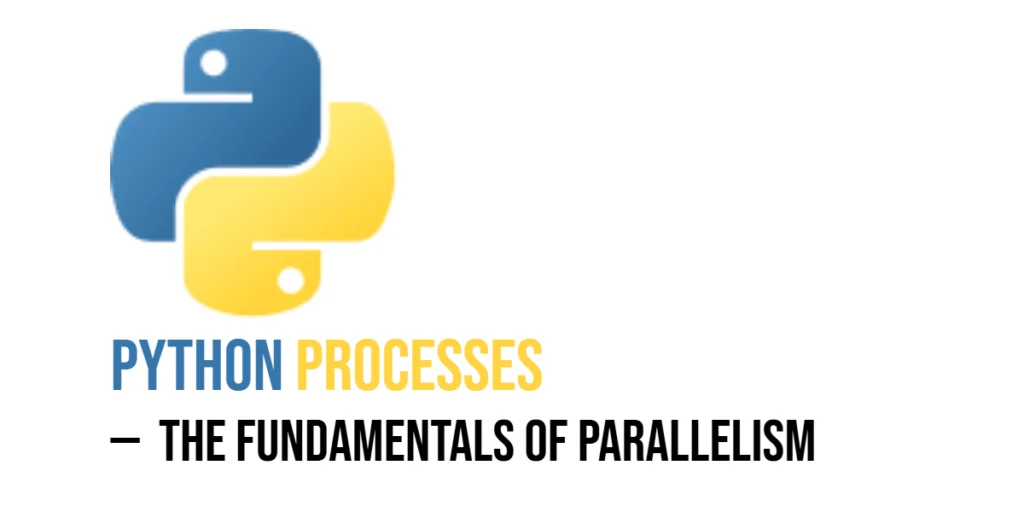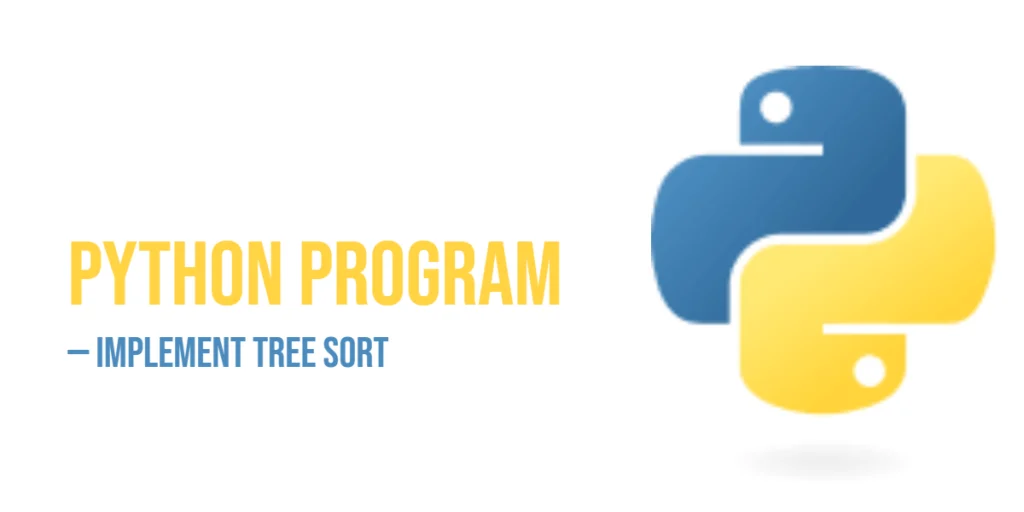Deleting a file is a common operation in programming, whether it is for cleaning up temporary data, removing obsolete files, or managing storage efficiently. In C, the standard library provides a simple function, remove(), that allows you to delete files from the filesystem. This function is portable and works across different operating systems.

with hands-on learning.
get the skills and confidence to land your next move.
In this tutorial, we will learn how to use remove() to safely delete a file, handle errors, and ensure that our program behaves correctly even when the file does not exist or cannot be deleted.
Understanding the Problem
Removing a file might seem straightforward, but there are several considerations. A file may not exist, or the program might not have permission to delete it. Attempting to remove a file without proper checks can lead to errors. Additionally, once a file is removed, its contents are lost, so it is important to confirm deletion operations when needed.
In C, the remove() function handles most of these concerns. It returns 0 if the deletion is successful and a nonzero value if an error occurs, such as when the file does not exist or permissions are insufficient. Proper error handling is essential to make file deletion robust and safe.
Program 1: Basic File Removal
This program demonstrates how to delete a file using the remove() function.
#include <stdio.h>
int main() {
const char *filename = "data.txt";
if (remove(filename) == 0) {
printf("File '%s' deleted successfully.\n", filename);
} else {
printf("Error: Could not delete the file '%s'.\n", filename);
}
return 0;
}In this program, remove() is called with the file name as an argument. If the file exists and the program has the proper permissions, it is deleted, and a success message is printed. If the file does not exist or cannot be deleted, an error message is displayed. This ensures that the program communicates clearly with the user about what happened.
Program 2: Checking File Existence Before Removal
It is often useful to check whether the file exists before attempting deletion. This approach provides more control over error handling.
#include <stdio.h>
int main() {
const char *filename = "data.txt";
FILE *file = fopen(filename, "r");
if (file != NULL) {
fclose(file); // Close the file before deletion
if (remove(filename) == 0) {
printf("File '%s' deleted successfully.\n", filename);
} else {
printf("Error: Could not delete the file '%s'.\n", filename);
}
} else {
printf("File '%s' does not exist.\n", filename);
}
return 0;
}Here, the program first attempts to open the file in read mode. If successful, it closes the file and then calls remove(). If the file cannot be opened, it is assumed to not exist, and a corresponding message is printed. This extra check helps provide more descriptive output and avoids unnecessary errors.
Program 3: File Deletion Using unlink()
The unlink() system call is another way to delete files. It is part of <unistd.h> and works at a lower level compared to remove().
#include <stdio.h>
#include <unistd.h>
int main() {
const char *filename = "data.txt";
if (unlink(filename) == 0) {
printf("File '%s' deleted successfully using unlink().\n", filename);
} else {
perror("Error deleting file with unlink()");
}
return 0;
}Here, if the deletion fails, perror() is used to display a system-generated error message. This can be more helpful than a generic custom message.
Program 4: Deleting Multiple Files with unlink()
This program shows how you might delete several files in one go using unlink().
#include <stdio.h>
#include <unistd.h>
int main() {
const char *files[] = {"data1.txt", "data2.txt", "data3.txt"};
int size = sizeof(files) / sizeof(files[0]);
for (int i = 0; i < size; i++) {
if (unlink(files[i]) == 0) {
printf("File '%s' deleted successfully.\n", files[i]);
} else {
perror("Error deleting file");
}
}
return 0;
}This loop makes it easy to handle multiple file deletions at once, printing results for each file individually.
Program 5: Safe Delete with User Confirmation
Sometimes, it’s useful to ask the user for confirmation before deleting.
#include <stdio.h>
#include <unistd.h>
int main() {
const char *filename = "data.txt";
char choice;
printf("Are you sure you want to delete '%s'? (y/n): ", filename);
scanf(" %c", &choice);
if (choice == 'y' || choice == 'Y') {
if (unlink(filename) == 0) {
printf("File '%s' deleted.\n", filename);
} else {
perror("Error deleting file");
}
} else {
printf("File '%s' was not deleted.\n", filename);
}
return 0;
}This approach is more user-friendly when dealing with important files.
FAQs
Q1: What does the remove() function return if deletion fails?
If the file cannot be deleted due to nonexistence, permission issues, or other reasons, remove() returns a nonzero value. You can use this to handle errors gracefully.
Q2: Can remove() delete directories?
No. The remove() function can only delete regular files. To delete directories, you must use platform-specific functions like rmdir() on UNIX/Linux or _rmdir() on Windows.
Q3: Does remove() work on Windows and Linux?
Yes. remove() is part of the C standard library, so it is portable across most operating systems including Linux, macOS, and Windows.
Q4: Do I need to close a file before calling remove()?
Yes. If the file is open in your program, remove() may fail. Always close the file with fclose() before attempting deletion.
Conclusion
The remove() function provides a simple and effective way to delete files in C. By checking file existence, handling errors, and ensuring proper permissions, you can safely remove files without causing unexpected behavior in your programs. Always remember to close any open file before deletion and provide clear feedback to the user.
References & Additional Resources
A curated list of tutorials, documentation, and textbooks for file deletion in C.
- Kernighan, B.W., & Ritchie, D.M. (1988). The C Programming Language (2nd Edition). Prentice Hall – Classic reference that explains file handling, standard I/O, and library functions like
remove(). - GeeksforGeeks: remove() Function in C – Explanation with examples on how to use
remove()for file deletion. - Tutorialspoint: File I/O in C – Beginner-friendly guide to file operations, including deletion.
- C Standard Library Documentation – remove() – Official reference for the
remove()function in C. - Microsoft Docs: remove function – Documentation for the Windows implementation of
remove()andwremove(). - Linux man page: unlink – System-level function closely related to
remove(), often used for deleting files on POSIX systems.





